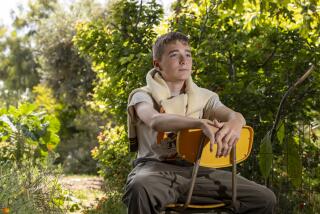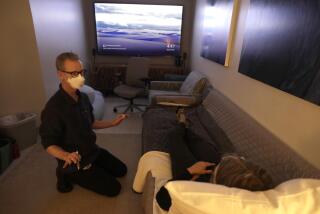Advisers Urge Halting Federal ‘Cold Fusion’ Research
WASHINGTON — An advisory panel to the Energy Department on Wednesday recommended that no new government effort be made to verify the University of Utah “cold fusion” experiments that startled the international scientific community last March.
The panel, assembled at the request of Energy Secretary James D. Watkins last April, said in a draft report that it found no “convincing evidence” that the phenomena attributed to cold fusion would produce useful sources of energy.
“Evidence for the discovery of a new nuclear process termed cold fusion is not persuasive,” the report said. “Hence, no special programs to establish cold fusion research centers or to support new efforts to find cold fusion are justified at the present time.”
The report by 22 non-government scientists will go to the Energy Research Advisory Board, which is to make an official recommendation to Watkins by July 31.
B. Stanley Pons of the University of Utah and his colleague, Martin Fleischmann of England’s Southampton University, rocked the scientific world on March 23 when they announced in Salt Lake City that they had created nuclear fusion at room temperature in a simple table-top device.
The researchers said the process was a potential source of cheap, abundant energy. At the height of the cold fusion furor in April, they asked Congress for $25 million to establish a special cold fusion center in Utah.
The fusion of hydrogen atoms to helium is the basic process powering all stars and thermonuclear weapons. It liberates vast amounts of energy, but, according to accepted scientific theory and all previous experience, requires a temperature of millions of degrees to trigger.
After eight weeks of study, the advisory panel said in its report that, although no new efforts to find cold fusion were justified, there remain “scientifically interesting questions” about the Utah experiments that “should be handled by carefully focused and cooperative efforts within current programs.”
Phil Keif, a department spokesman, said the department’s laboratories spent about $1 million a month for three or four months trying to duplicate the Utah experiments.
The advisory panel was headed by Norman Ramsey, a physics professor from Harvard University, and John Huizenga, a nuclear chemistry professor from the University of Rochester.
More to Read
Sign up for Essential California
The most important California stories and recommendations in your inbox every morning.
You may occasionally receive promotional content from the Los Angeles Times.










